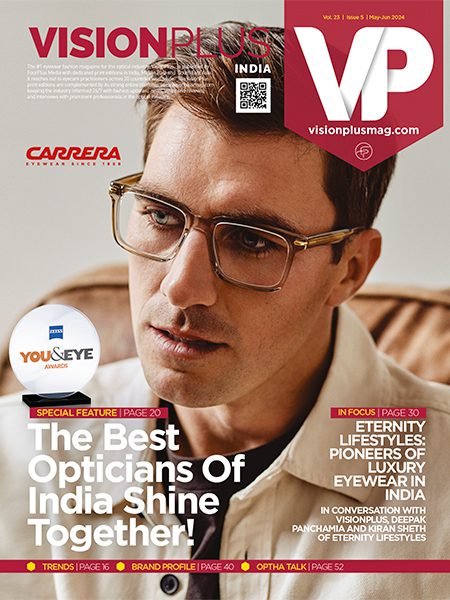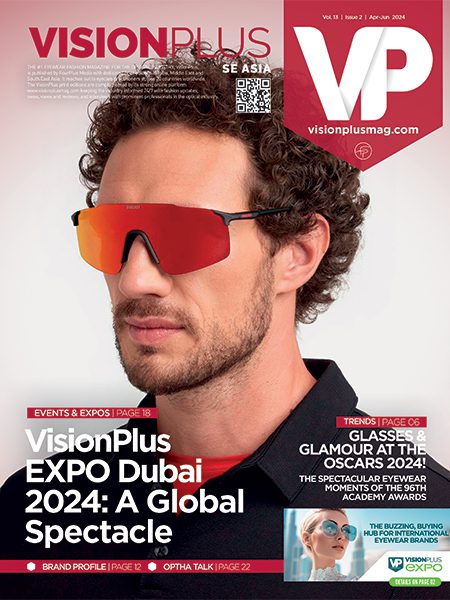At least 10 hours a week outdoors in the sunshine is beneficial for young children’s vision, find the researchers.
Exposure to sunshine as a small child is crucial to the development of a healthy eye according to results of long-term myopia study conducted by University of Sydney researchers.
Their findings published in the American Academy of Ophthalmology’s professional journal tables data showing children who spend more time outdoors were less likely to become short-sighted or myopic. The researchers say that evidence suggests that small children under six years of age should spend at least 10 hours a week outdoors in the sunshine.
Orthoptist Associate Professor Kathryn Rose, from the University’s Faculty of Health Sciences says exposure to sunlight at a young age assists in the growth of a normal healthy eyeball preventing it from growing too fast or over – expanding and becoming oval or egg-shaped instead of round.
The Sydney Adolescent and Eye Study, a five-year longitudinal follow-up study from the Sydney Myopia study, examined more than 2000 children from 55 primary and secondary schools for a number of risk factors linked with myopia.
Professor Rose says all children had a comprehensive eye examination. Accurate measurement of refractive errors (myopia, hyperopia and astigmatism) was conducted using an international standard regime of eye drops, similar to that adopted in WHO studies.
A detailed questionnaire gathered information on the children’s ethnicity, general physical activities including hours spent in outdoor leisure such as cycling, outdoor sports, picnics or walking. Researchers also gathered data on near-sighted activities such as computer use and time taken watching television.
Amanda French, PhD candidate and lead author, says, “The results show that the protective effect of time spent outdoors as a very small child persists even if a child is doing a lot of near work such as reading and studying.”
While the results of the study showed television watching and computer use appear to have little effect on the development of refractive errors in the eye, children with one or both parents myopic had a greater likelihood of developing the condition but even for those children, time spent outdoors had a mitigating effect. Time spent in outdoor light also reduced the likelihood of myopia developing in children of all ethnicities.
French says prevention of myopia is important for future eye health as even low levels of the condition place you at higher risk of cataracts and glaucoma in adulthood. “Promoting outdoor activity to parents and families, and including more outdoor pursuits in school curricula could be an important public health measure to avoid the development of myopia,” she adds.











